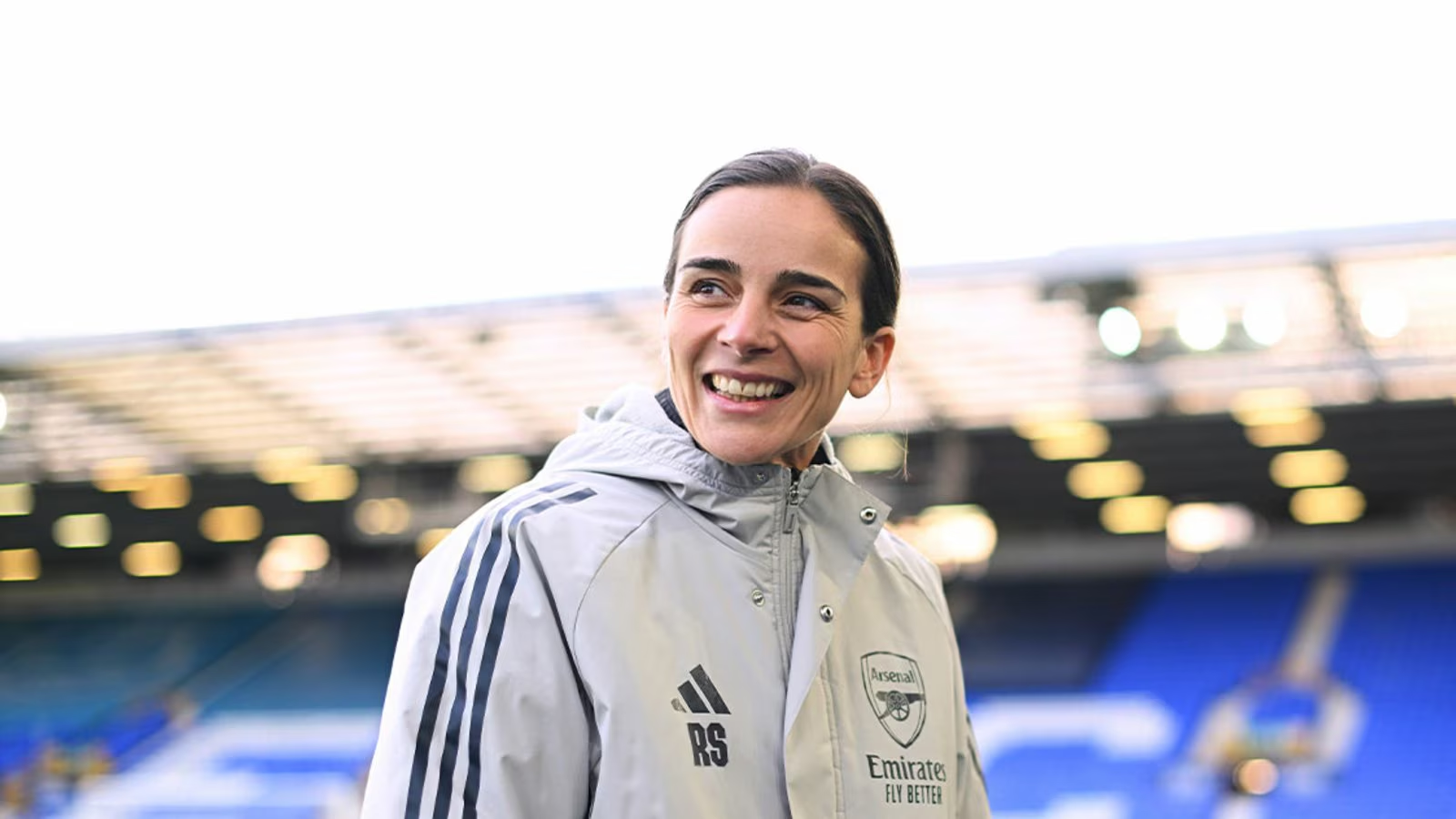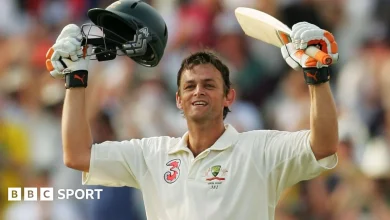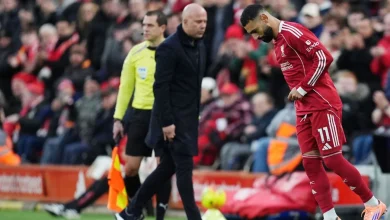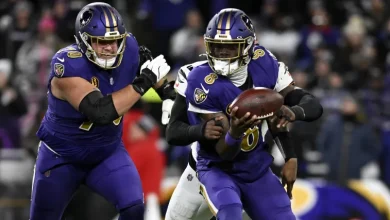The Portland Trail Blazers are running faster than scandals
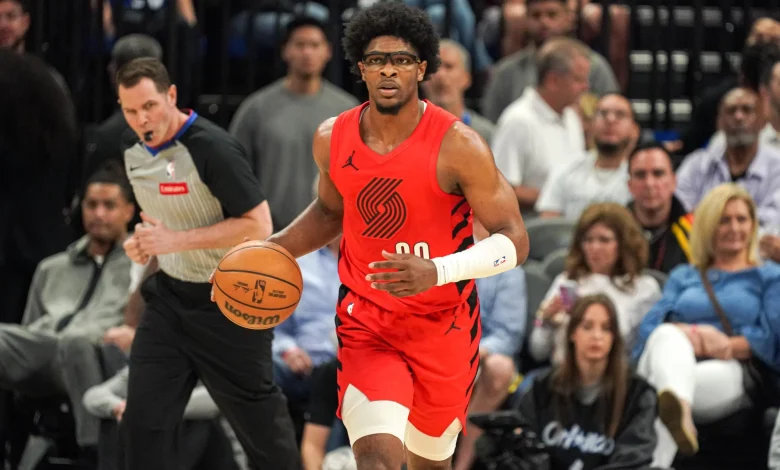
The rise of Donovan Clingan and Deni Avdija
To use Jrue Holiday’s own words: “If there wasn’t DC we wouldn’t be this team”. DC, for those more distracted, is second-year Donovan Clingan. The former UConn player is the player who makes this identity choice possible and logical. If you want to press like crazy, you need someone who can guarantee protection in the paint: against Clingan, opponents are barely shooting. 41% iron, a figure in line with that of Rudy Gobert, for example.
If, similarly, you want to push the accelerator on offense and attack the rim in transition, you need a big man who can guarantee offensive rebounds (4.6 per game, fourth in the NBA) and resulting points (3.6, sixth). Clingan does all of this, accepting the strain of running up and down the court without practically asking for balls other than those he fetches himself.
His presence makes the Blazers’ consistent attack in the paint sustainable every night (second in the NBA for shots at the rim). Avdija, Holiday, and Shaedon Sharpe apply pressure to the opponent’s basket, forcing the defense to move and react accordingly. And if a shot doesn’t go in, Clingan often has plenty of space to convert an offensive rebound into two points.
A clear game plan that is giving the whole team more rhythm. Deni Avdija is the most obvious beneficiaryHe started the season with four consecutive 20-pointers and nineteen points against the Jazz. But this offensive output isn’t the result of a particularly prolific shooting streak—where he remains a constant threat, shooting 37% on more than six attempts per game from behind the arc—but rather the pace the Israeli is finding himself playing at.
His shots, so far, have almost always been the conclusion of a structured attack and not so much a residual, almost fallback solution, as was too often the case in the past. His ability to be a key player on offense is crucial to taking the load off Jrue Holiday’s shoulders and not forcing the burdens that Shaedon Sharpe still struggles to handle.
Sharpe’s struggles offset by Jerami Grant’s impact
Holiday is the experienced man within Portland’s system who acts as a metronome to keep the Blazers’ rumba from turning into a cacophonous noise. The Blazers’ offense thrives on quantity, not selection: almost 95 shots per game, third in the league, twelve more than his opponents on average. Not because of pure talent, but because of principle. And the line between confidence and recklessness, in these cases, is thin. On defense, he dictates the tempo by commanding the pressing; on offense, he’s the player to look for when the ball is hot, in the final seconds of possessions. And, behind the locker room walls, he’ll surely also be working to guide the development of Sharpe, one of the few players who hasn’t started this season in the best way.
Reduced from a$90 million contract extension Since his promotion to the starting five, he seemed to suffer under pressure in his first few games, almost as if he were trying to prove himself. He was forced to attack and made late reads on defense. In a system that grinds out extra possessions and recoveries in bunches, a leading offensive player must punish rotations, not challenge them. Splitter has complete faith in him – “I’m not worried, what we’ve seen so far is not the real Shaedon.” – and for now, he’s been working on building fives around him, with Holiday and Avdija in particular, that could relieve him of offensive responsibilities, including in terms of reads. Attacking closeouts on the advantages built around him or moving the ball quickly. While waiting for his shooting rhythm to return: under the 24% Three at the moment. Also because relegating to the role of sixth man isn’t a viable option.
At least as long as Jerami Grant continues to produce as he has so far. The former Pistons player is having his best start to the season: averaging nearly 22 points on 53% shooting in under 28 minutes. Off the bench, he’s found a habitat that frees him from the pressure to create from nothing and restores his ability to punish mismatches. Within the second unit, against secondary defenses, often playing as a nominal 5, he’s managing to be the player who pulls the chestnuts out of the fire by putting the ball on the floor when the offense stalls. And he’s shining to the point that there’s already talk of whether it makes more sense to ride out his performance or try to maximize his market value.
Continued on the next page

